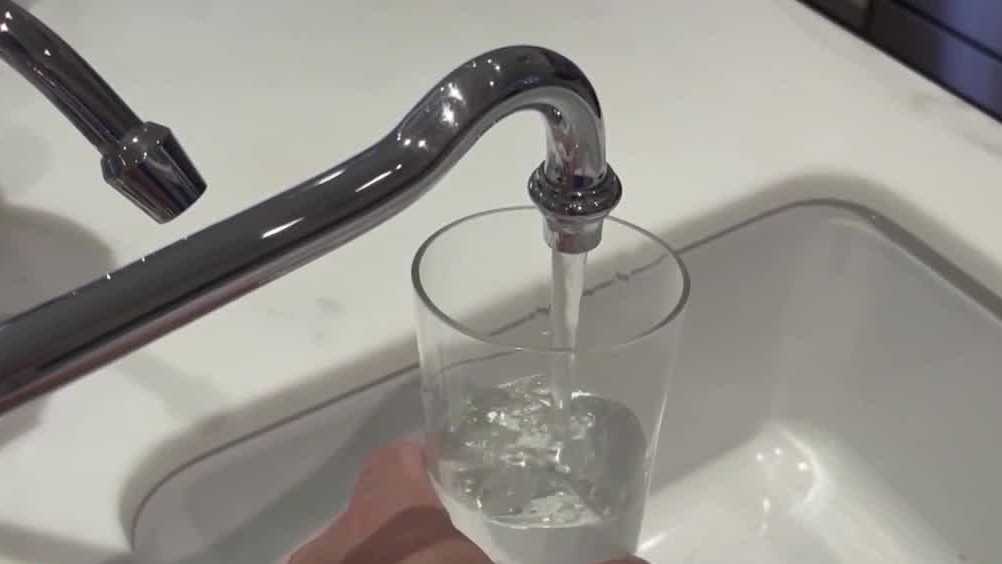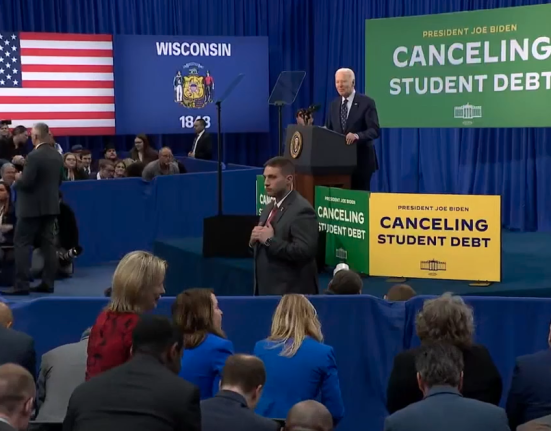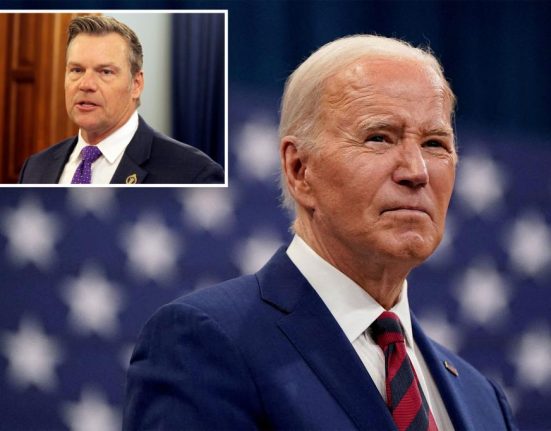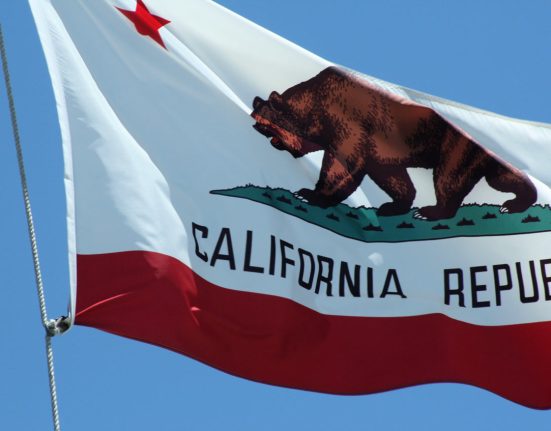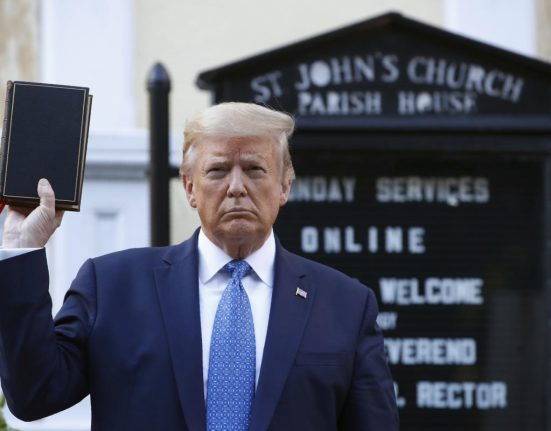New Hampshire will be getting nearly $10 million in federal funding to address concerns about PFAS chemicals in water.The Biden administration announced Wednesday that $1 billion in federal money will be put toward detection and treatment systems as part of new national drinking water standards. PFAS, short for per- and polyfluoroalkyl substances, are a class of chemicals used to make products resistant to water, grease, and stains. In Merrimack, one of the New Hampshire communities that have been dealing with PFAS contamination for years, local, state and federal officials applauded the move but said there’s still a long way to go.>> Download the free WMUR app to get updates on the go: Apple | Google Play <<“What has happened here has, in fact, been a tragedy,” said Merrimack resident Chuck Mower.The first-of-its-kind federal standard will require water utilities to filter out five of the “forever chemicals” that are found in half of the drinking water in the United States. PFAS have been linked to a number of health issues, including cancer.People living in Merrimack and several other communities in the southern part of the state have been at the forefront of the issue since elevated levels of PFOAs were found near the Saint Gobain plant in 2016, which prompted an investigation of water quality in the area.”It may be too late – well, it is definitely too late – for the people on my street that have died, and it may be too late for some of us that are already sick, but this is not about us,” said state Rep. Wendy Thomas, D-Merrimack. “This is about the future.”Laurene Allen, of Merrimack Citizens for Clean Water, said the new federal water standards are four parts per trillion for PFOA and PFOS, which is lower than New Hampshire’s standard of 12 parts per trillion.This is very important,” she said. “It will give private wells more access to remediation. People in the Saint Gobain consent decree area will be remediated who have been sitting under 12 (parts per trillion). So, if you have 11 parts PFOA in your well, and you didn’t make the cutoff of 12, you’ve been on your own at this point. So, this is great news. Clean water should not depend on your zip code.”According to the Environmental Protection Agency, providers will generally have three years to do testing. If those tests exceed PFAS limits, the water providers will have two more years to install treatment systems.”This regulation gives them five years: three to monitor, two to get their systems set up,” said EPA regional administrator David Cash.While New Hampshire will receive more than $9 million, officials said there is also federal funding specifically geared toward helping small and rural communities tackle the problem.
New Hampshire will be getting nearly $10 million in federal funding to address concerns about PFAS chemicals in water.
The Biden administration announced Wednesday that $1 billion in federal money will be put toward detection and treatment systems as part of new national drinking water standards.
PFAS, short for per- and polyfluoroalkyl substances, are a class of chemicals used to make products resistant to water, grease, and stains.
In Merrimack, one of the New Hampshire communities that have been dealing with PFAS contamination for years, local, state and federal officials applauded the move but said there’s still a long way to go.
>> Download the free WMUR app to get updates on the go: Apple | Google Play <<
“What has happened here has, in fact, been a tragedy,” said Merrimack resident Chuck Mower.
The first-of-its-kind federal standard will require water utilities to filter out five of the “forever chemicals” that are found in half of the drinking water in the United States. PFAS have been linked to a number of health issues, including cancer.
People living in Merrimack and several other communities in the southern part of the state have been at the forefront of the issue since elevated levels of PFOAs were found near the Saint Gobain plant in 2016, which prompted an investigation of water quality in the area.
“It may be too late – well, it is definitely too late – for the people on my street that have died, and it may be too late for some of us that are already sick, but this is not about us,” said state Rep. Wendy Thomas, D-Merrimack. “This is about the future.”
Laurene Allen, of Merrimack Citizens for Clean Water, said the new federal water standards are four parts per trillion for PFOA and PFOS, which is lower than New Hampshire’s standard of 12 parts per trillion.
This is very important,” she said. “It will give private wells more access to remediation. People in the Saint Gobain consent decree area will be remediated who have been sitting under 12 (parts per trillion). So, if you have 11 parts PFOA in your well, and you didn’t make the cutoff of 12, you’ve been on your own at this point. So, this is great news. Clean water should not depend on your zip code.”
According to the Environmental Protection Agency, providers will generally have three years to do testing. If those tests exceed PFAS limits, the water providers will have two more years to install treatment systems.
“This regulation gives them five years: three to monitor, two to get their systems set up,” said EPA regional administrator David Cash.
While New Hampshire will receive more than $9 million, officials said there is also federal funding specifically geared toward helping small and rural communities tackle the problem.

